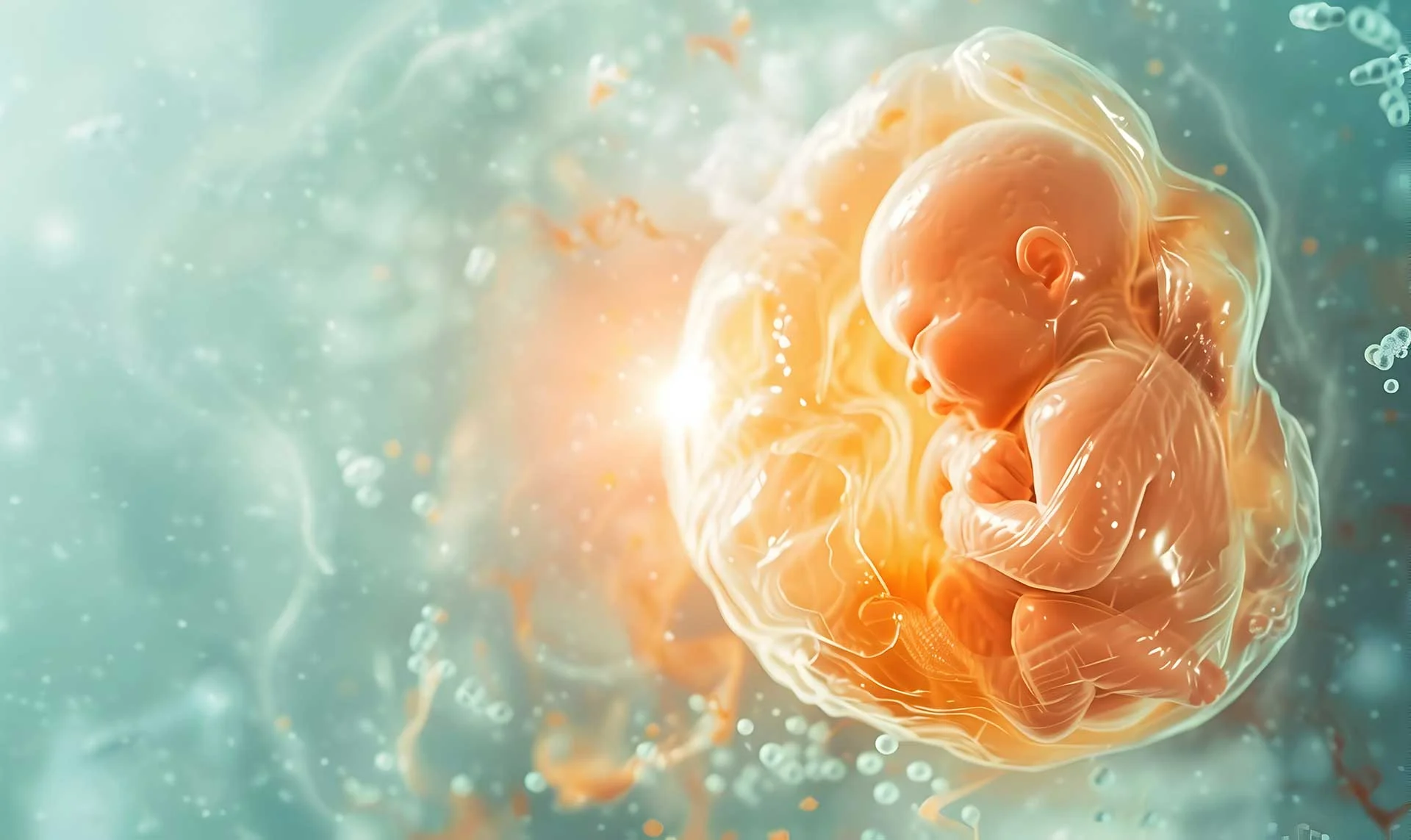
Strategic Thinking and Transformation in the Age of Digital Intelligence
At the end of each day, each week, and each month, I make it a habit to reflect and take notes—notes that help me bridge the insights of the past with the direction of the future. Today, as I reviewed my notes for May, I found myself returning to a fundamental truth:
The challenges of this century cannot be solved with the solutions of the last.
In various meetings, I attended—across agriculture, food, health, and education—the same long-standing structural problems were once again brought to the table. Unfortunately, so were the same traditional solutions, many of which have lost their relevance in today’s context.
It has become increasingly clear:
We need radical, innovative, and entirely different approaches.
We must move beyond outdated narratives and familiar methods, and boldly embrace new mental frameworks for solving persistent issues.
The Evolution of Digital Intelligence and What Lies Ahead
One of my tasks today involved interacting with Gemini’s deep research engine. The range and complexity of the questions I posed led to the generation of hundreds of pages of analytical content. This alone is a testament to how far digital intelligence has progressed.
And it reaffirms a reality I now deeply believe:
Within the next decade, we will no longer do most of what we currently do in the same way.
We are currently in the era of Generative Artificial Intelligence—systems that produce images, write texts, generate voices, and operate based on human prompts. However, the next phase is rapidly approaching:
Systems that will generate their own conclusions, offer suggestions and conduct logical reasoning.
This will lead us directly into the early 2030s, when we will begin to engage with what is known as Artificial General Intelligence (AGI)—a type of intelligence with minimal human intervention, capable of autonomous communication, decision-making, and even guiding us in various domains.
Outdated Problems, Outdated Solutions—New Times Demand New Thinking
The issues we currently define as “problems” are, in fact, remnants of the last century. And most of the proposed solutions are equally rooted in that same outdated context.
However, we are now firmly in a new century.
And this century demands that we:
- Think differently,
- Innovate differently,
- Solve differently.
Yes, thinking in radically new ways is not easy.
But the path ahead of us—technologically, economically, and socially—requires this shift.
When I can now utilize a digital intelligence system that analyzes thousands of data points and produces over 300 pages of content that thinks, speaks, and writes like Can Kayacılar, it is no longer just a tool—it’s a new paradigm.
Looking Toward 2030: Preparing for Accelerated Transformation
The transformation we will undergo in the next five years will be unprecedented—not only technologically, but also socially, economically, and culturally.
To prepare for this shift, we must:
- Rethink our production models,
- Redefine our employment strategies,
- Reconstruct our national development goals.
This is no longer a matter of preference—it is a necessity.
To thrive in the world of this new century, we must adopt the mindset of this new century.
This means letting go of legacy thinking, and instead, focusing on what the future truly requires—with bold, constructive, and future-proof solutions.















